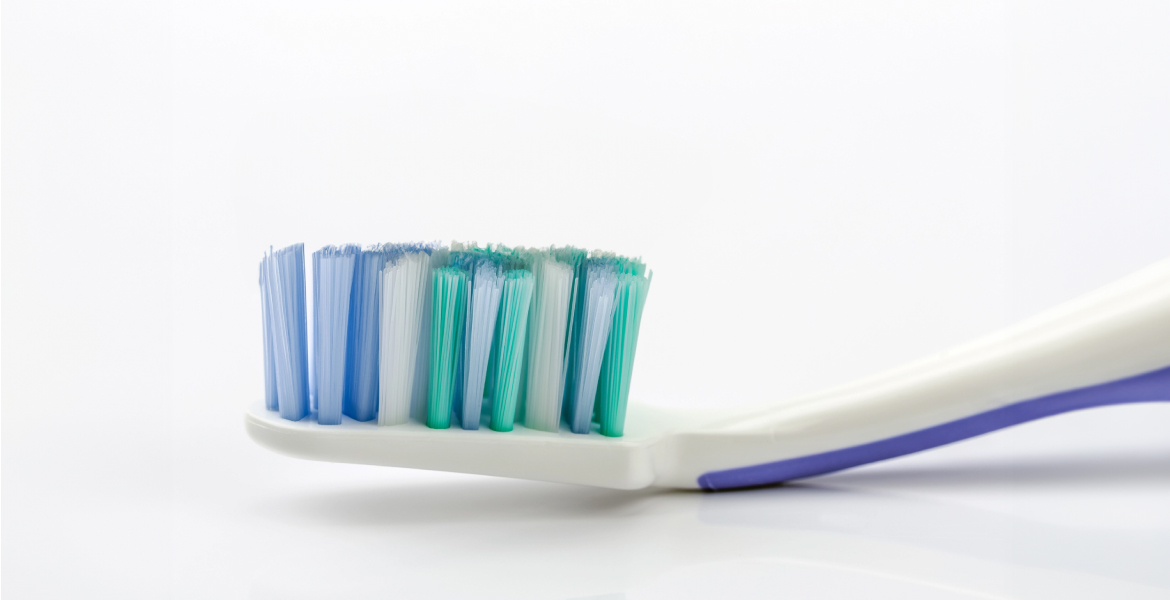The Role of Toothbrushes in Preventing Dental Issues: What You Need to Know

Maintaining good oral hygiene is essential for overall health, and at the core of effective dental care is the humble toothbrush. Although often taken for granted, this simple tool plays a crucial role in preventing a range of dental issues, from cavities to gum disease. Here’s what you need to know about the role of toothbrushes in keeping your smile healthy.
The Basics of Toothbrush Function
Toothbrushes are designed to clean the surfaces of your teeth and gums. By removing food particles, plaque, and bacteria, they help prevent the buildup of substances that can lead to dental problems. Toothbrushes come in various types—manual and electric—with both serving the primary purpose of maintaining oral cleanliness. The key is using them correctly.
Why Regular Brushing is Crucial
Prevents Cavities: Plaque is a sticky film of bacteria that forms on your teeth. When plaque is not removed through regular brushing, it can turn into tartar and contribute to cavities. Daily brushing helps remove plaque before it hardens.
Reduces Gum Disease: Gum disease begins with gingivitis, characterized by red, swollen gums that bleed when brushed. Regular brushing helps reduce plaque buildup along the gumline, preventing gingivitis from progressing to more severe forms of gum disease.
Remove Bad Breath: Brushing your teeth helps remove food remains and bacteria that cause bad breath. Using a b-fresh toothbrush with a fluoride toothpaste not only makes your teeth clean but also promotes fresh breath.
The effectiveness of your brushing routine depends on selecting the right toothbrush. Here’s what to consider:
Bristle Type: Toothbrushes come with different bristle types—soft, medium, and hard. Dentists typically recommend soft bristles such as B-fresht toothbrush, as they are gentle on the gums and effective at cleaning teeth without causing damage
Size and Shape: Choose a toothbrush with a head that fits comfortably in your mouth and can reach all areas of your teeth. A small or compact head is often more effective for reaching the back teeth and hard-to-reach areas.
Here are some tips to follow for effective brushing:
Brush Twice Daily: Brush your teeth twice a day for at least two minutes, once in the morning and once before bed.
Brush All Surfaces: Ensure you brush all surfaces of your teeth, including the outer, inner, and chewing surfaces. Always remember to brush your tongue and the roof of your mouth to remove bacteria and freshen your breath.
Replace Your Toothbrush Regularly: Toothbrushes should be replaced every three to four months, or sooner if the bristles become frayed.
Toothbrushes are vital tools in preventing dental issues and maintaining overall oral health. By choosing the right toothbrush, using proper brushing techniques, and complementing brushing with other good oral hygiene practices, you can keep your smile bright and healthy for years to come.






